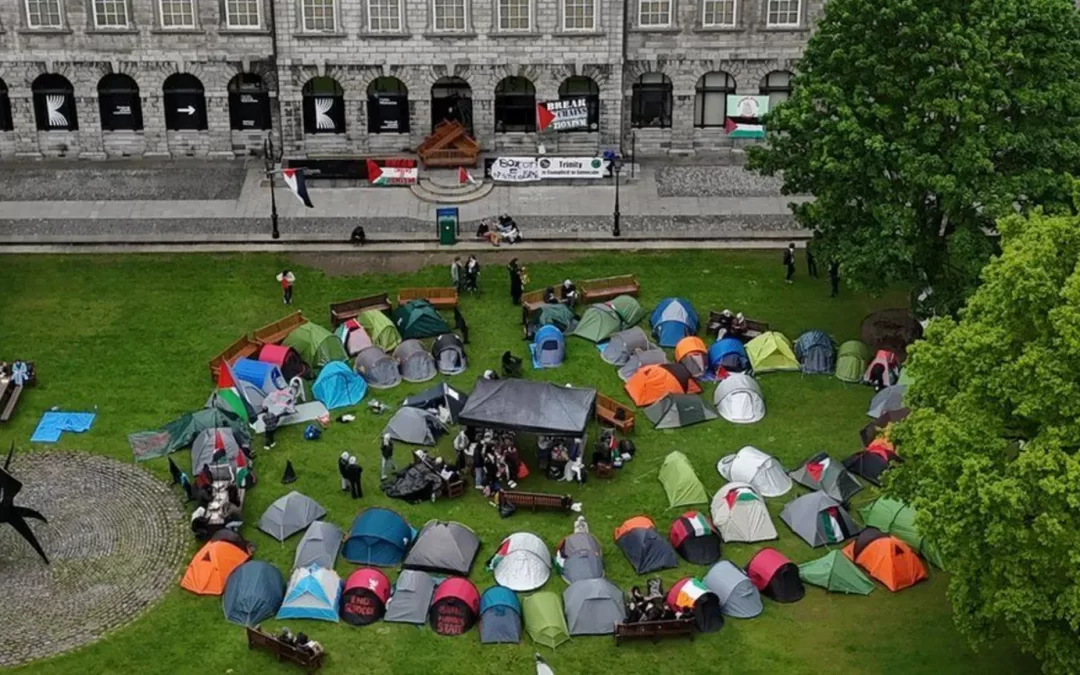
Report from America - Felon!
Report from America - Felon!
On October 17, 1931, in the Federal Building in Chicago, Al Capone was convicted of income tax evasion. That wasn't among the most serious crimes against him, but it was the easiest case for the FBI to win. Capone was sentenced to eleven years in prison. After causing trouble in a prison in Atlanta, he was moved to Alcatraz, where he was cut off from the rest of the world. He was discharged after seven and a half years in 1939, but his health was deteriorating (he suffered a stroke and contracted syphilis). He was unable to do more damage and died in 1947.
As I've been reading about what's going on with Donald J. Trump lately, it seems to me that there are strong similarities between Capone and Trump. To tell the truth, those similarities are very clear to many people – including Donald J. Trump! Trump compares himself to Al Capone. "There was metal in Capone's bones," Trump said at a couple of recent town hall meetings. But “he was indicted only once; I have been indicted four times." (Capone was indicted at least six times.) "If you looked at Capone the wrong way, he'd trash you!" Trump explained. He is proud to be like a leader of a criminal gang.
Felon!
I see a pattern in Trump's case. When he doesn't get what he wants, he rejects it and blames the Democrats. That's what happened with the 2020 presidential election, and the exact same thing is happening with the court cases against him. He is saying that what is going on in the courts is a campaign of persecution, organized by President Biden and his government. He is not right about that, and it is dangerous to spread malicious lies like that.
But despite anything he claims or denies, Donald J. Trump is the first former president to be convicted of a felon. He has already lost a federal case (which is why he is now a felon) and a few civil cases as well and has yet to finish other trials. Here is an overview of all the cases and their status.
New York State: Fraud
In the fall of 2022, New York Attorney General Letitia James filed a civil suit against Trump and his former aide Allen Weisselberg, alleging a scheme in which Trump fraudulently reported the value of certain properties to lower his tax bill and improve the terms of his loans.
Judge Arthur Engoron ruled on February 16 that Trump must pay $355 million plus interest. His company is also banned from doing business in New York State for three years.
On March 25, the day he was supposed to post bail, an appeals court reduced the amount he must post to $175 million. He intends to appeal, with a deadline this summer.
Manhattan: Defamation and Sexual Assault
In May 2023, a jury concluded that Trump sexually assaulted and defamed writer E. Jean Carroll, and awarded her $5 million. When Trump then publicly denied that, Carroll brought a defamation and battery claim against him. In January, Carroll was awarded $83.3 million in that case.
Trump has appealed both cases and posted bond for the $83.3 million in March. During the second trial, he continued to insult Carroll, which could go against him on appeal.
Manhattan: “Hush Money”
In March 2023, Manhattan District Attorney Alvin Bragg filed felony charges against Trump, alleging that the former president falsified business records as part of a scheme to pay off women who said they had sexual relations with Trump, and to keep information from the public in case it could adversely affect him in the presidential election.
The trial began on 15 April and ended with her conviction on 30 May. Sentencing is scheduled for July 11.
The next big step is sentencing, which will come just days before the Republican National Convention. Trump then promised to appeal, but in the meantime he is a felon!
Department of Justice: Mar-a-Lago Documents
Jack Smith, a special counsel in the United States Department of Justice, has charged Trump with 37 felonies for removing classified documents from the White House when he left office. Despite request after request demanding the return of the documents, Trump ignored the government, and eventually the documents that were still missing were seized.
This case will not occur until January 20, 2025 at the earliest. This is an important caser, because Trump has put the country at risk, from a national security point of view.
Fulton County: Election Fraud
District Attorney Fani Willis brought a massive case against Trump and 18 others, alleging that they conspired to steal the 2020 election.
There is no chance of this case starting before the election, as a legal challenge against Willis has to be resolved first.
Department of Justice: Election Subversion
Special Counsel Smith also brought four cases against Trump related to his efforts to stay in power after losing the 2020 election. This case is in court in Washington, D.C.
Trump was indicted on August 1, 2023. The case is not proceeding pending the Supreme Court's decision answering the question: should the former president be immune from prosecution?
Conclusion
Trump will be busy in court for a long time if he is not elected president. If he wins the election, he will do his best to get rid of all the cases! How convenient! This is the person who is whining all the time about the criminals of all kinds who are coming in droves across the border. But has he looked at himself in the mirror lately?

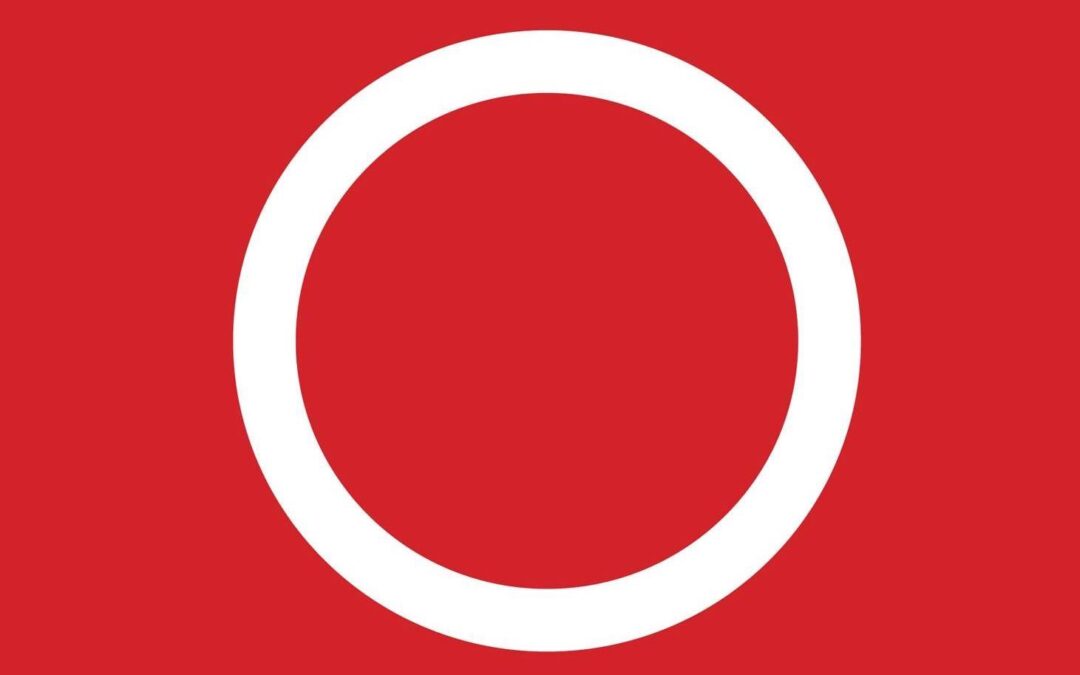
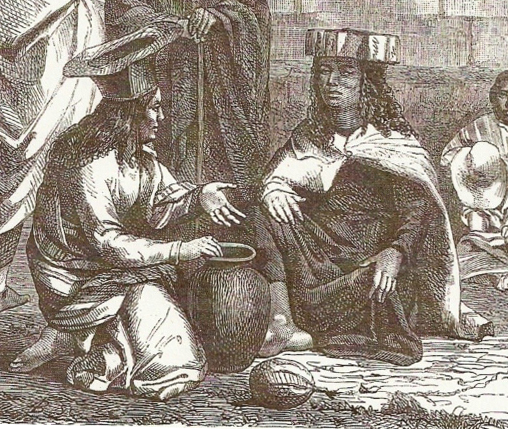
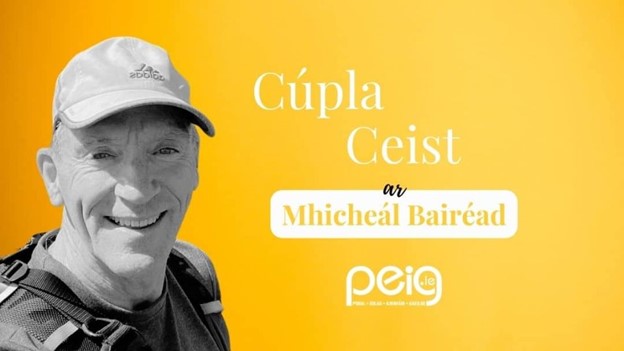
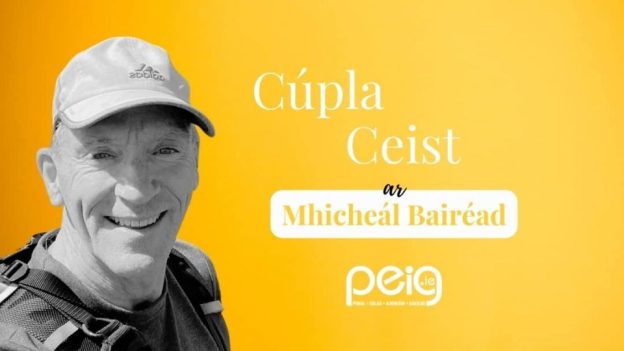
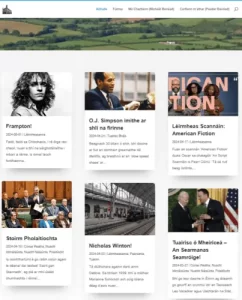 Although the paper has an internet site, my column was not available there. I asked the paper's staff to provide my columns, but only a few appeared on the site, and they were not easy to find. Also, Irish speakers in Kilkenny were interested in being able to access my columns online.
Although the paper has an internet site, my column was not available there. I asked the paper's staff to provide my columns, but only a few appeared on the site, and they were not easy to find. Also, Irish speakers in Kilkenny were interested in being able to access my columns online.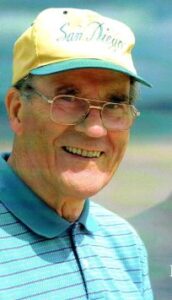 Peadar Bairéad was born in Erris in north-west County Mayo and lived in Kilkenny until his death in 2019.
Peadar Bairéad was born in Erris in north-west County Mayo and lived in Kilkenny until his death in 2019.